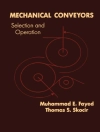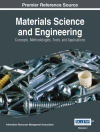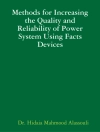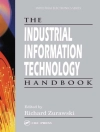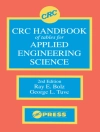The ongoing energy transition will require a number of emerging technological concepts (e.g. Power-to-X and Hydrogen Economy, etc.) which will ultimately combine renewable energy, novel chemical production/conversion processes and innovative, integrated devices/systems to produce sustainable platform molecules, fuels and materials.
In this book, readers are introduced to selected concepts, challenges, steps forward and necessities relating to the technologies required to deepen the integration between the energy and chemical sectors.
Selected key technologies to support this integration will be discussed, with particular emphasis on the catalytic systems and devices required to enable the transition including electrochemical cells, CO2 hydrogenation and plasma-assisted processes. Several chapters will discuss evolving and emerging technologies and tools (e.g. LCA) that will be required to enable a green and successful energy transition.
The book will be of interest to graduate students and researchers in renewable energy, catalysis, chemical engineering and chemistry, wishing to have an introduction to the topic and associated technologies.
Содержание
- Introduction
- Water Electrolysis Technology and Challenges
- Development of Reactors for Direct Solar Water Splitting
- Plasma Chemistry for Power-to-X
- Electrochemical CO2 Activation and Reactor Design
- Principles of Electrochemical Valorization of Biomass
- N2 Electrochemical Activation
- Mechanism and Structure–Activity Relationships of Catalytic CO2 Methanation
- Learning from the Life Cycle Assessment of Power-to-hydrogen Systems
Об авторе
Dr. Figueiredo is an assistant professor in electrochemistry at the TU/e where her research is devoted to electrocatalysis and electro(catalytic)synthesis for sustainable processes and production of high value chemicals like fuels and organic molecules from “waste” substrates as for example, carbon dioxide and biomass. The principle aim of her group’s R&D is to understand, develop and optimise electrochemical reactions under practical relevant conditions in order to give a step further on the usage of electrochemistry at industrial scale. Dr. Figueiredo studied chemistry at Porto University (Portugal) where she obtained her MSc degree in 2008. From 2009 to 2012, she completed her Ph D in electrocatalysis (topic: reduction of nitrogen containing compounds) under the supervision of Prof. J. Feliu. Following postdoctoral positions at different Universities (Kallio Group, Aalto University (FIN); Koper Group, Leiden University (NL); Rosmeisl and Escribano Groups, University of Copenhagen (DK)), Prof. Figueiredo worked as a Jr Scientist at Avantium (Amsterdam, NL) on CO2 electrochemical conversion. Since April 2019 she has held the position of assistant professor at the Inorganic Materials Chemistry research group at TU/e.


